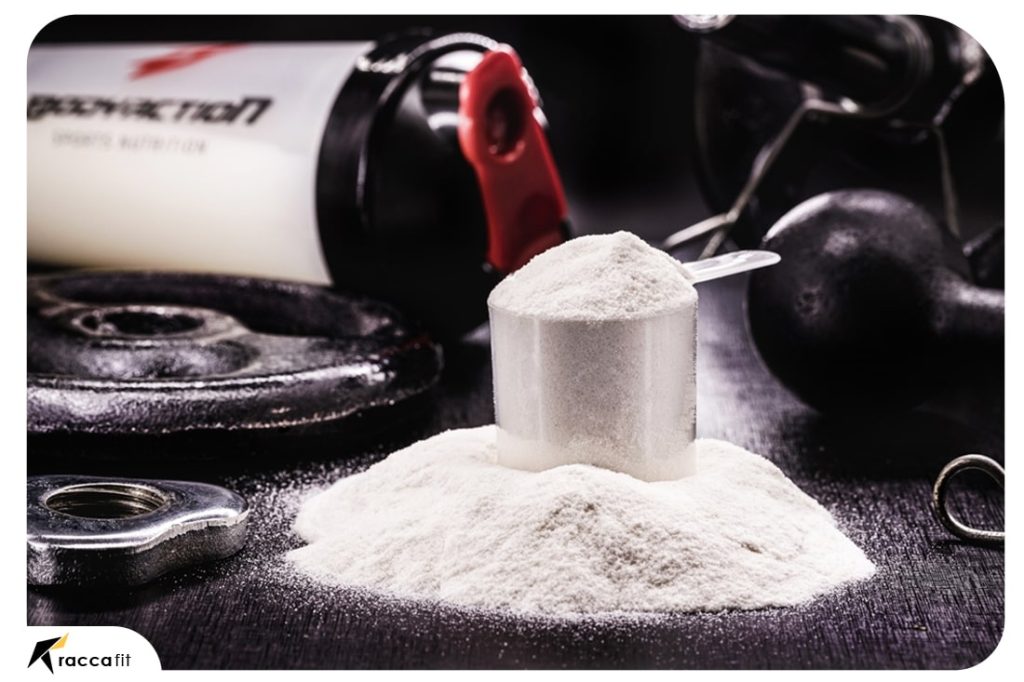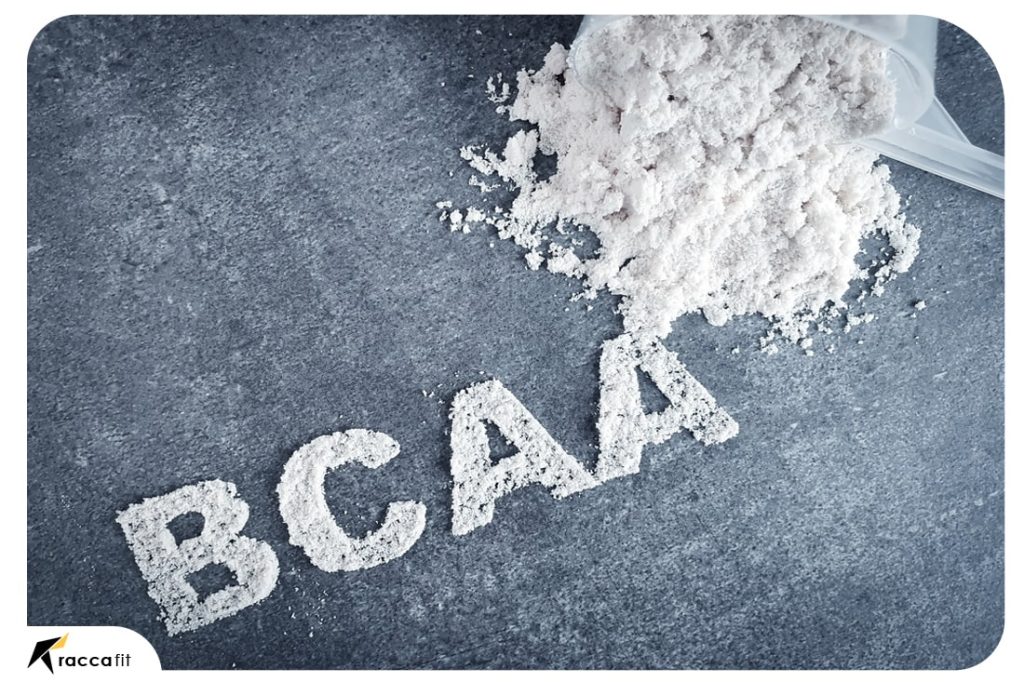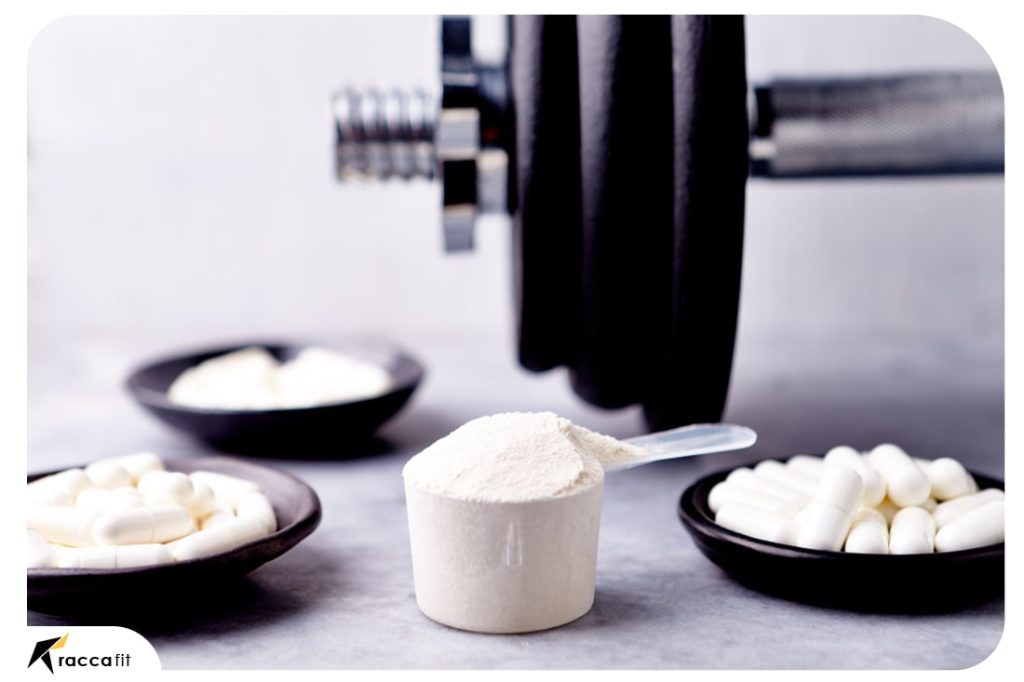3 supplements to boost your workout
Dietary supplements can sometimes be used to optimize and support fitness performance. But not all are helpful and some (in large amounts) can be dangerous. Here’s a short list of what works and which ones are effective.
What you should know about the 3 most popular supplements

1. Creatine as workout supplements
Creatine is produced naturally in the muscles of the body and in the brain. Helps generate energy for high-intensity exercise such as sprinting and heavy lifting. Many athletes use creatine to improve strength and build muscle.
Studies show:
A small study published in Nutrients in June 2020 found that physically active young adults supplemented with creatine during six weeks of resistance training improved their leg press, chest press, and I found that my whole body strength increased significantly.

2. BCAA
BCAA is one of the three branched-chain amino acids, that is essential for fueling skeletal muscles during exercise.
BCAA’s role is to help repair and build muscle, including in older adults who need muscle maintenance support, making it another sports supplement recommended by experts.
Bodybuilders and athletes who need to increase their strength typically use this supplement. BCAA activates specific pathways within the muscle, essentially causing activation for growth and repair.
However, you may not need to take this supplement because you can get leucine from your diet. you can find it in meat, fish, poultry, eggs and milk.
If you wish for a safer diet, Here we can provide you with a plan customized to meet your exact nutritional needs, keep an eye for any food allergies, and create a meal plan no matter the dietary requirement.
Studies show:
BCAA supplements like leucine can help improve muscle mass and reduce body fat percentage. In an study, participants who consumed twice daily improved lean muscle tissue and functional performance.

3. protein as workout supplements
According to Harvard Health, protein offers many nutritional benefits and is valuable in terms of fitness for improving muscle growth and repair, and appetite control. Most Americans do not get enough protein from their diet. However, athletes who train higher volumes may want to increase their protein intake to maximize muscle repair benefits. (such as pea or rice protein) or animal protein (such as whey), but these are often in powdered form and you can add them to your workout smoothies.
Studies show:
According to the recent studies conducted by the researchers, athletes need 0.5 to 0.9 g of protein per kilogram of body weight daily. This amount may increase during periods of strenuous exercise. we can help you to build a workout plan tailored to your goals, preferences, schedule, and available equipment in this page if you want to learn more.
For safety reasons, it’s okay to consume large amounts of protein (in other words, for most healthy people, too much protein poses no health risks), but there are no benefits from exceeding the recommended amount.
4. Beta-Hydroxy Beta-Methylbutyrate (HMB)
When your body breaks down leucine, it makes HMB. According to Memorial Sloan Kettering Cancer Center, HMB helps prevent or slow the damage to muscle cells that can occur as a result of exercise, so some of exercisers take it as a supplement to support muscle growth and improve strength and endurance.
studies show:
A 2019 study published in the Journal of Human Kinetics found that HMB can improve muscle strength while reducing post-exercise muscle damage and speeding up recovery.
Spano says it could be particularly useful for people recovering from injuries: “Let’s say you have a 70-year-old man who broke his hip and he’s in the hospital and is on bed rest,” he said. increase. “HMB helps prevent muscle breakdown because there is severe muscle breakdown at rest.

5. Caffeine as workout supplements
Our daily coffee will not only help you wake up in the morning, but also improve your performance during training. This is a very popular training aid.
According to his December 2020 review published in Frontiers in Sports and Active Living, three of his four athletes (including triathletes, marathoners, tennis players and weightlifters) Consumed caffeine before or during competition. There are several ideas as to why caffeine enhances performance. According to reviews, it can conserve muscle glycogen and interact with the nervous system in beneficial ways.
studies show:
Studies suggest that caffeine is an effective training supplement. The Journal of the International Society of Sports Nutrition will review studies related to caffeine in January 2021 and found that when consumed at doses of 3 to 6 milligrams (mg) per kilogram (kg) of body weight, it is primarily associated with aerobic endurance. concluded that it benefits power.
However, experts warn that taking caffeine supplements comes with risks. It’s far from it, but it can cause serious cardiac arrest in some people.
Caffeine: The Dual Role in Training
Caffeine, commonly associated with our morning cup of coffee, plays a fascinating dual role in enhancing training performance. Understanding both its benefits and potential risks is crucial for athletes and fitness enthusiasts alike.
Performance Enhancement:
- Energy Boost: Caffeine acts as a central nervous system stimulant, providing a quick and reliable boost in energy levels. This can lead to improved endurance during aerobic activities and increased power during strength training.
- Muscle Preservation: Studies, including a January 2021 review in the Journal of the International Society of Sports Nutrition, suggest that caffeine consumption is linked to enhanced aerobic endurance. It may help conserve muscle glycogen, allowing for prolonged physical exertion.
- Nervous System Interaction: Caffeine interacts with the nervous system, potentially reducing the perception of effort during exercise. This could lead to athletes pushing themselves harder and achieving better results.
Risks and Considerations:
- Individual Sensitivity: People respond differently to caffeine, and individual sensitivity varies. While some may experience enhanced performance, others might face negative side effects such as jitteriness, increased heart rate, or digestive discomfort.
- Dosage Matters: The benefits of caffeine are dose-dependent. Research suggests that an optimal range is between 3 to 6 milligrams per kilogram of body weight. Consuming too much can lead to adverse effects without additional performance benefits.
- Cardiovascular Concerns: Though caffeine is generally safe for most individuals, it’s crucial to consider potential cardiovascular risks. Excessive intake, especially for those with underlying heart conditions, can lead to adverse effects such as increased heart rate and blood pressure.
Incorporating caffeine into your training regimen can be a valuable strategy, but it requires a thoughtful approach. It’s advisable to experiment with dosage levels during non-critical training periods to gauge individual responses.

6. Beta-Alanine
Previous research has shown that beta-alanine is an amino acid produced by the liver and also available from foods such as meat and poultry.
Beta-alanine supplementation can improve athletic performance because it can prevent exercise-induced accumulation of lactic acid that causes pain and fatigue. The main benefit is that you can train longer, train faster. It’s recoverable.
studies show:
There is strong evidence for the effectiveness of beta-alanine. For example, a small study published in April 2018 in the Journal of the International Society of Sports Nutrition found that beta-alanine supplements taken during a 5-week strength training program reduced found to result in an increase in measured muscle strength. The number of repetitions you were able to lift and complete compared to the original baseline.
Conclusion:
In conclusion, the presented exploration of popular workout supplements, including Creatine, BCAAs, Protein, HMB, and Caffeine, underscores their potential benefits in enhancing fitness performance. However, the dual nature of caffeine serves as a reminder that a nuanced and balanced approach is crucial in supplement integration. While these supplements can play a valuable role, individualized considerations, safety precautions, and a commitment to moderation remain paramount. Fitness enthusiasts are encouraged to view supplements as supportive tools within a broader framework of healthy living, with a steadfast emphasis on consulting professionals to ensure a personalized and safe fitness journey.
FAQs:
1. Can I rely solely on supplements for my fitness goals? While supplements can complement your fitness journey, they should not replace a balanced diet and regular exercise. Use them as tools to enhance, not substitute, a healthy lifestyle.
2. Are there risks associated with exceeding recommended supplement doses? Yes, exceeding recommended doses can lead to adverse effects. It’s crucial to follow suggested guidelines and consult professionals to avoid potential health risks.
3. Should I consult a nutritionist before taking supplements? Absolutely. Consulting with a nutritionist ensures that your supplement choices align with your individual needs, health status, and fitness goals.
4. Can I get sufficient nutrients from my diet alone? In many cases, a well-balanced diet can provide necessary nutrients. However, supplements may be beneficial for individuals with specific fitness goals or dietary restrictions.
5. How long should I try a supplement before assessing its effectiveness? Individual responses vary. It’s advisable to give a supplement sufficient time, typically several weeks, while monitoring how your body responds before making judgments on its effectiveness.








